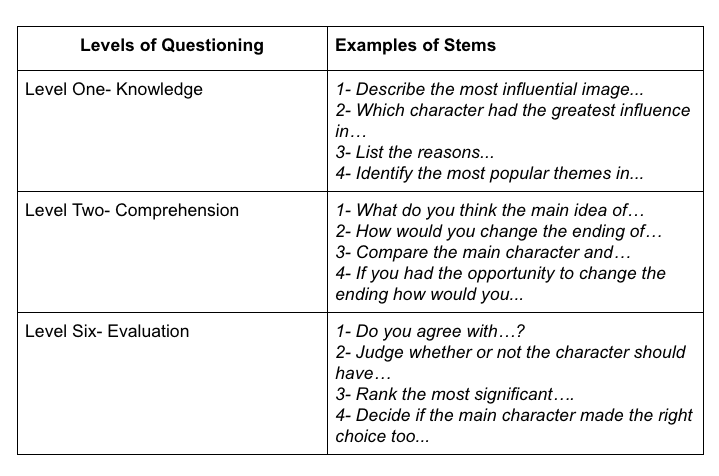
Addressing The Problem with Homework
Many educators are starting to recognize the problem with homework. And while homework is almost universal, there is little evidence that it actually works.

Ten years ago, when I first began teaching, I tried to facilitate a student-led discussion in my special education English 10 class. For homework, I told my students to write down questions about the novel we were reading, Of Mice and Men.
The next morning, I enthusiastically arranged my small class into a circle and asked them to take out their questions. We sat in uncomfortable silence for what felt like an eternity. Only one girl had completed the homework. Emily, the one student who was prepared, looked over at another student’s paper and wondered aloud, “did you read the book?”
Why didn’t this lesson work? Was this task too much for students with special needs? Was my class size too small to have an effective student discussion?
In retrospect, my first attempt at a socratic seminar failed because I did not set my students up for success. Any student can learn through student-led discussion, but all students benefit from a step-by-step approach, especially those with special needs.
I want my students to have the same educational opportunities and experiences as their high school peers in general education classes. I want to hold them to the same level of academic rigor, and I want them to be analytical thinkers who can facilitate their own discussions.
In order to show students what’s expected, I start by finding a video of a student-led discussion on Youtube. Explain to the students what they are seeing in the video, the purpose of a student-led discussion, and that they will soon participate in one.
Make sure that the level of discussion represented in the video is within the reach of your students. Once, I showed my class a clip of an AP socratic seminar and they shut down before we even began the process. Here is a great example from an 8th grade Social Studies class.
Make sure that when you plan your first student-led discussion that you are working with content that is comfortable for your students. Consider having a “mock” socratic seminar about a topic your students have already mastered. This could be a short story you have already read, an episode of a TV show, or an informational text on a topic the students are passionate about. A test run will ensure that students are focused on learning the process of the socratic seminar and not the basic understanding of the content.
When first attempting socratic seminars, many students struggle to create good discussion questions. Sentence stems can be a great scaffold as they develop this skill.
For higher level students, I would recommend providing stems for their first seminar and gradually allowing them to create their own, unassisted. Some students, especially those who have communication impairment could have tremendous difficulty coming up with questions on the spot.
Bloom’s Taxonomy provides an excellent guide to creating sentence stems. One approach is to have students create a question from the “Knowledge” level and another from the “Evaluation” level. Starting at the level of simple recall can help build their confidence with the content. Later, you can introduce question types which would be more of a challenge. Depending on the needs of the group, you could also just focus on one level, such as “Comprehension.”

Choose a discussion format that feels right to you. Using a variety of levels from Bloom’s will also ensure that students will have a healthy mix of questions at differentiated levels. Give students time before the student-led discussion to make questions. Provide one-on-one help and guidance. The ability to create questions may be challenging for your students at first, but will become easier with practice.
Remember that a socratic seminar is not easy for the average learner. The preparation and completion of this student-led discussion is an enormous feat when completed by struggling learners. Teachers may have a difficult time knowing when, or if, they should get involved in a socratic seminar. My rule of thumb has always been to involve myself as little as possible.
Get involved if you need to move dialogue along, or if an intense debate breaks out. I would highly recommend jumping in to provide praise when it is appropriate. When the task is over, discuss the process with them. Make sure that regardless of the outcome, you commend them for their participation.
Our team provides live support and on-line coaching to help teachers incorporate student-centered practices in their classrooms.
Have questions? E-mail us or schedule a free 30-minute coaching call with one of our expert consultants who can guide you in bringing student-centered and authentic learning to your classroom.
Rebecca Stone has taught 12th grade special education English at Long Branch high school for ten years. She is also an education blogger and writer.

Many educators are starting to recognize the problem with homework. And while homework is almost universal, there is little evidence that it actually works.

Does the Danielson Rubric improve teaching? Maybe it’s an unfair question. After all, it’s a rubric, not a training program. But…

Teaching word problems takes more than key words. The Polya Process helps your students think strategically and make sense of story problems.